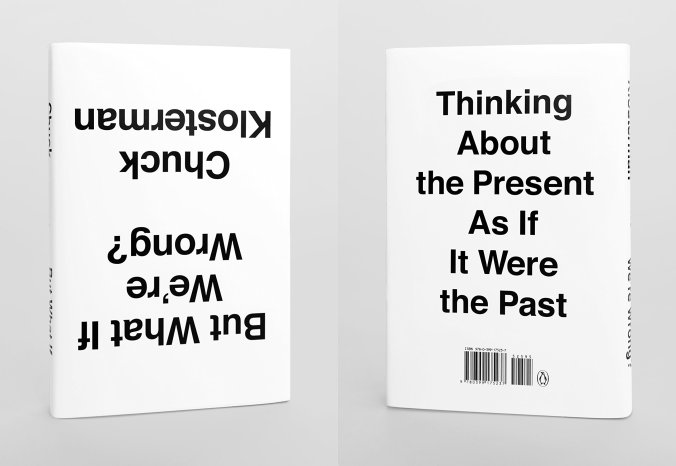On the 30th Anniversary of Borges’s death. Maybe my favorite essay I’ve published yet.
“The Other” and “August 25, 1983” are twin stories sharing a mirror: a young man fears the unknown future, while an old man accepts the unchangeable past. (In fact many have dismissed Borges’s later work as “geriatrica” too full of nostalgia.) But as I read Borges’s Selected Non-Fictions, his essays and reviews I considered taking him at his word: maybe there are two Borges in the world, existing at the same time. One is the fiction writer we know, the lover of paradox, the trickster, the forger, the artist who describes fantastical events with straight-faced authority, using the syntax and tone of academia; and then there is this other Borges, the critic, who writes reasonably and clearly, companionably and insightfully, about high-brow and esoteric subjects, whose aim is elucidation rather than bewilderment. As I moved through each review and essay of Selected Non-Fictions, I felt a similar shock that the young Borges did upon seeing his own name on the register: this couldn’t possibly be the same Borges, could it?
 Blackass by A. Igoni Barrett
Blackass by A. Igoni Barrett Borges is Still Dead. (Or is He? And Which Borges?)
Borges is Still Dead. (Or is He? And Which Borges?)  Will Anyone Read Chuck Klosterman in 100 Years?
Will Anyone Read Chuck Klosterman in 100 Years? Na Verdade, Crítica é Literatura | Capitu
Na Verdade, Crítica é Literatura | Capitu Don’t Ask Me What My Favorite Book Is
Don’t Ask Me What My Favorite Book Is Actually, Criticism is Literature | Literary Hub
Actually, Criticism is Literature | Literary Hub